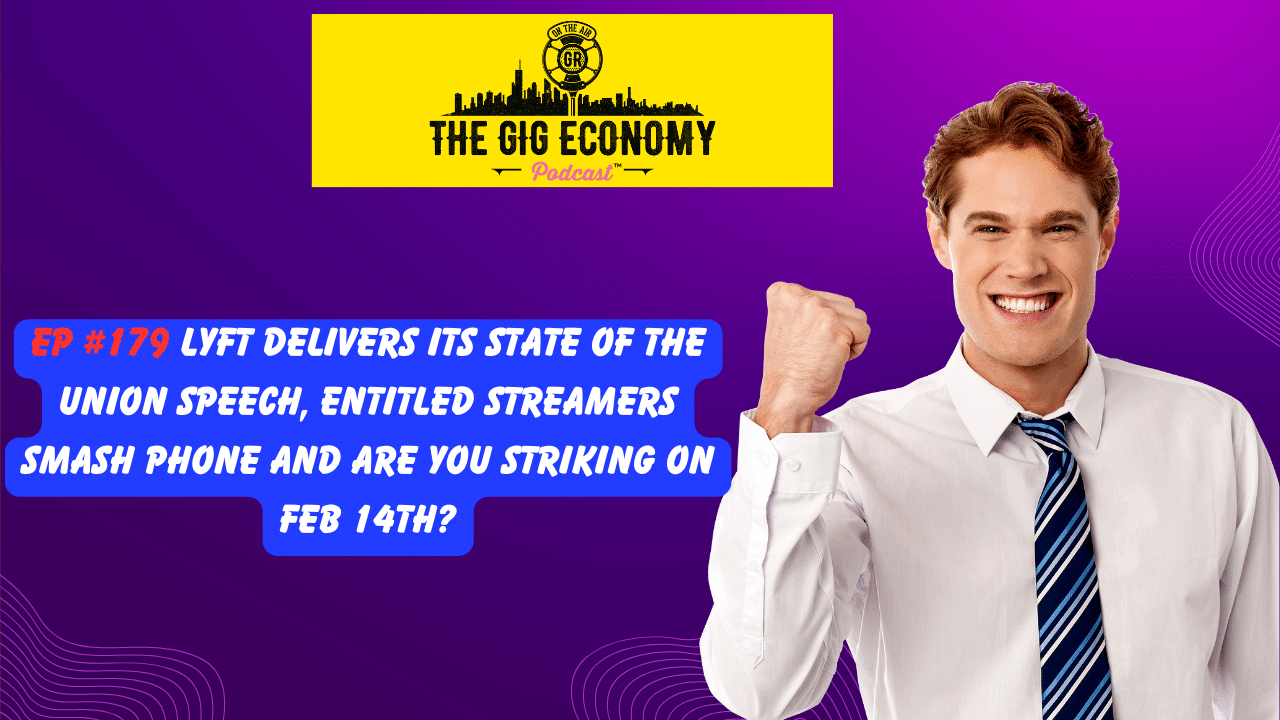Navigating the gig economy can often feel like a high-speed chase through a maze of ever-changing rules and rewards. For drivers in the ride-sharing world, companies like Lyft and Uber not only represent opportunities for earnings but also a battleground for fairness and transparency. In the latest episode of our podcast, we take listeners on a journey through the labyrinth of Lyft’s new driver benefits, and the opaque reality of “external fees,” and share an Uber cancellation story that is more complex than a simple ‘no-show.’
The gig economy is not for the faint-hearted; it demands resilience, adaptability, and a willingness to play by rules that can often change with little notice. Our hosts, Larry and Jason, discuss the intricacies of Lyft’s recent announcement to ensure drivers earn a minimum of 70% of rider fares after certain fees. While the promise of increased earnings sounds alluring, it raises questions about the clarity of these “external fees” and whether the actual payout is as lucrative as it appears. Drivers must constantly evaluate if the carrot being dangled in front of them is worth the chase.
Furthermore, the episode delves into the controversial subject of driver deactivation. The anxiety that comes with the possibility of being deactivated, often based on unverified complaints, can make gig work a precarious endeavor. Lyft’s promise of a 72% reactivation rate within 24 hours is examined, leaving listeners to ponder if this is a genuine improvement or a mere public relations move. The discussion also highlights the all-too-common practice of offering attractive driver bonuses for a high number of rides, raising the question of feasibility and true benefit to the drivers.
Throughout the episode, the hosts share personal anecdotes that add color and context to the discussion. From humorous tales of inebriated passengers to tense confrontations with dishonest customers, the stories serve as a reminder that behind every gig worker’s steering wheel is a person navigating a complex web of customer interactions and company policies. The podcast doesn’t just count miles; it counts the human experiences that make up the life of a ride-share driver.
As the episode comes to a close, listeners are left with a better understanding of the gig economy’s challenges and the resilience required to succeed in it. The hosts’ stories and the episode’s deep dive into the murky aspects of driver benefits and tipping practices offer valuable insights for current and prospective gig workers. It’s an episode that doesn’t shy away from the hard truths of gig work, instead choosing to illuminate the hidden corners of the industry with candid conversations and expert commentary.
In conclusion, the podcast episode serves as both a reality check and a rallying cry for those within the gig economy. It’s a powerful reminder that while the roads may be paved with promises, it’s the drivers who must navigate the potholes and detours to find their path to success. For anyone with a stake in the gig economy, this episode is a must-listen, packed with stories and strategies that resonate with the real cost of life in the driver’s seat.

